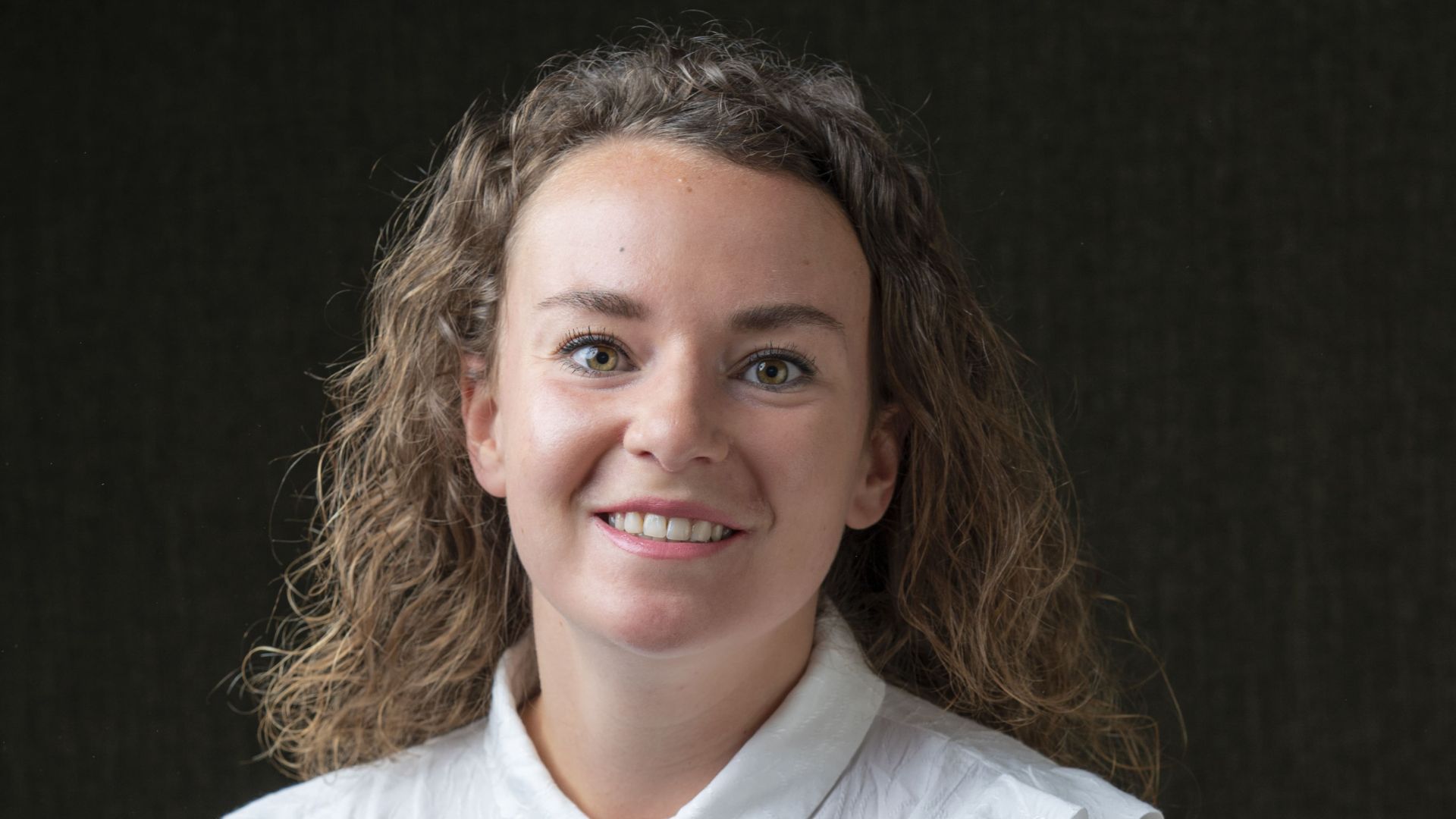Daphne Snackers, Policy Officer at Maastricht University (UM), has recently published an article about the Dutch Recognition and Reward programme and the UM’s approach in the German HR journal, Personal in Hochschule und Wissenschaft entwickeln.
In her article Daphne Snackers analyses the reason that brought Dutch academic institutions, with Maastricht University as one of its frontrunners, to redefine the process of assessment and development of academic careers. She follows giving an overview of UM’s approach to the National Programme.
The starting point of the reflection is based on the fact that an academic can be successful in many areas, but not all activities and achievements are recognised and rewarded equally. Research performance, in particular, assessed through quantitative measurements, has predominantly determined the career path of academics for many years. This has led to the undervaluing of other key domains that belong to the core tasks of academic institutions and to increased work pressure and competitiveness among academics.
The path toward the reform started with the publication of a statement by the Dutch universities association (UNL), the Dutch research funders (i.e. NWO and ZonMW), and the Dutch university medical centres (NFU) in November 2018 followed, after consultations with academics, by the publication, in November 2019, of the position paper ‘’Room for Everyone’s Talent: towards a new balance in the recognition and rewards for academics’’. The paper indicates how the Dutch aim to more broadly recognise and reward the diverse work of academic staff and outlines five main national goals of the national programme that would create a healthier and more inspiring working environment in which academics are valued for their specific input and talent, whether the emphasis is on research, education, leadership, impact or (where relevant) patient care.
In early 2020, the position paper was translated into an extensive national Recognition & Rewards programme (R&R). The R&R programme was primarily aimed at developing a vision on the desired behaviour and culture, both jointly and within the various organisations. It outlines six essential phases: 1) explore and define the ambition within the organisation and formulate a vision, 2) imagine the new situation and experiment, 3) show commitment to the vision and make it meaningful, 4) make the vision concrete and develop the necessary deliverables, 5) implement new systems, processes and products, and 6) retain the newly made adjustments.
UM’s approach has led to the creation of four committees on the domains of education, research, impact, and leadership. In order to ensure staff involvement from the earliest phases, UM developed a project structure with the direct involvement both of the academic staff and the top-level leaders. The task assigned to the committees was to develop a narrative for each of the four academic domains to get a common understanding about the domain whilst highlighting the differences between faculties and disciplines. The narratives subsequently acted as input for developing a UM vision on Recognition & Rewards and were used to steer the discussion within all layers of the university on how to move forward in the implementation phase.
The four domain narratives and the UM vision on Recognition & Rewards – as well as the feedback received on these documents – served as the basis for the development of new academic profiles by a working group consisting of HR advisors, the HR director, and the programme manager. These new academic profiles address the main goals of the programme. Originally, the focus on a national level was on the academic levels from assistant professors onwards. From the very first day however, UM was determined to develop new academic profiles for the positions of teachers and researchers, too.
You can read the full article here.
.
Reference: Snackers, Daphne (2022): The Dutch initiative ‘’Room for Everyone’s Talent’’. Maastricht University’s approach. In: Personal in Hochschule und Wissenschaft entwickeln, 5|2022, 49–63.










